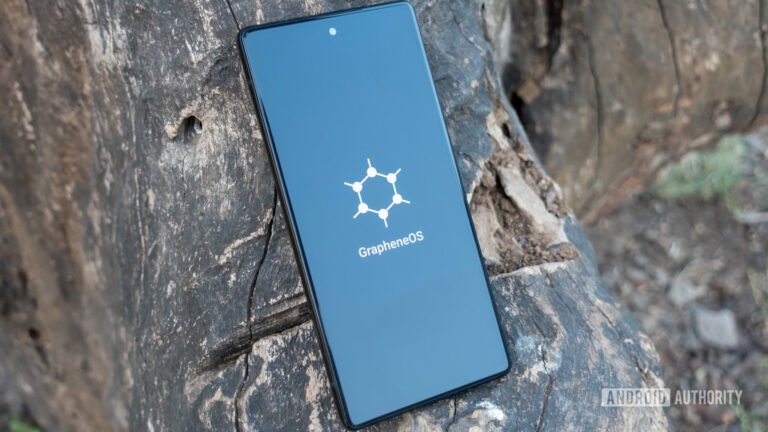

Google won’t need to sell off its Chrome browser. That’s the ruling made by US District Judge Amit Mehta, who said in a statement on September 2 that “Plaintiffs overreached in seeking forced divestiture of these key assets, which Google did not use to effect any illegal restraints.” The ruling was made in Google’s case against the US Department of Justice filed a proposal back in 2024 that suggested Google needs to sell Chrome to “restore competition.” This proposal was filed just two days after a report stated this was going to be the DOJ’s plan. The ongoing case against the DOJ has lasted nearly a year, and it doesn’t look like a true end is anywhere in sight.
The DOJ’s proposal also requested that Google unbundle Android. This is another thing that Google will not be required to do. While Google is not required to sell Chrome or break up Android, the company isn’t coming out of this unscathed. Judge Mehta is forcing Google to make a few changes. Namely, it will no longer be able to hold exclusivity deals. Specifically, those pertaining to Google Search, Google Chrome, Gemini, and Google Assistant products.
Google won’t sell Chrome, but it can no longer maintain or create new exclusive deals
Google’s days of setting up exclusive deals for Search and its other products are over. After being labeled a monopolist in 2023, the DOJ set out to force Google to right the ship. A big part of Google’s monopolistic practices revolved around setting up exclusive deals with companies like Apple and Samsung to make Google Search the default search option on their devices. Thereby preventing competition from rival search engines.
Google will no longer be able to maintain these deals or make new ones, Mehta said in the ruling. However, Google will still be able to make payments to distribution partners for placement of Search and other products. According to the judge, stopping these payments from Google would lead to troublesome and in some cases “cripping downstream harms” to Google’s distribution partners.
So, Google can no longer secure these back-alley exclusive deals, but it won’t be barred from making any sort of payments for placement. It’ll be interesting to see what that looks like in practice. In addition to these regulations, Mehta says that Google has to share search data with competitors. It’s unclear at this time how much this could impact Google’s dominant position in the market.
The post Google doesn’t have to sell Chrome, but it can’t keep exclusivity deals appeared first on Android Headlines.
